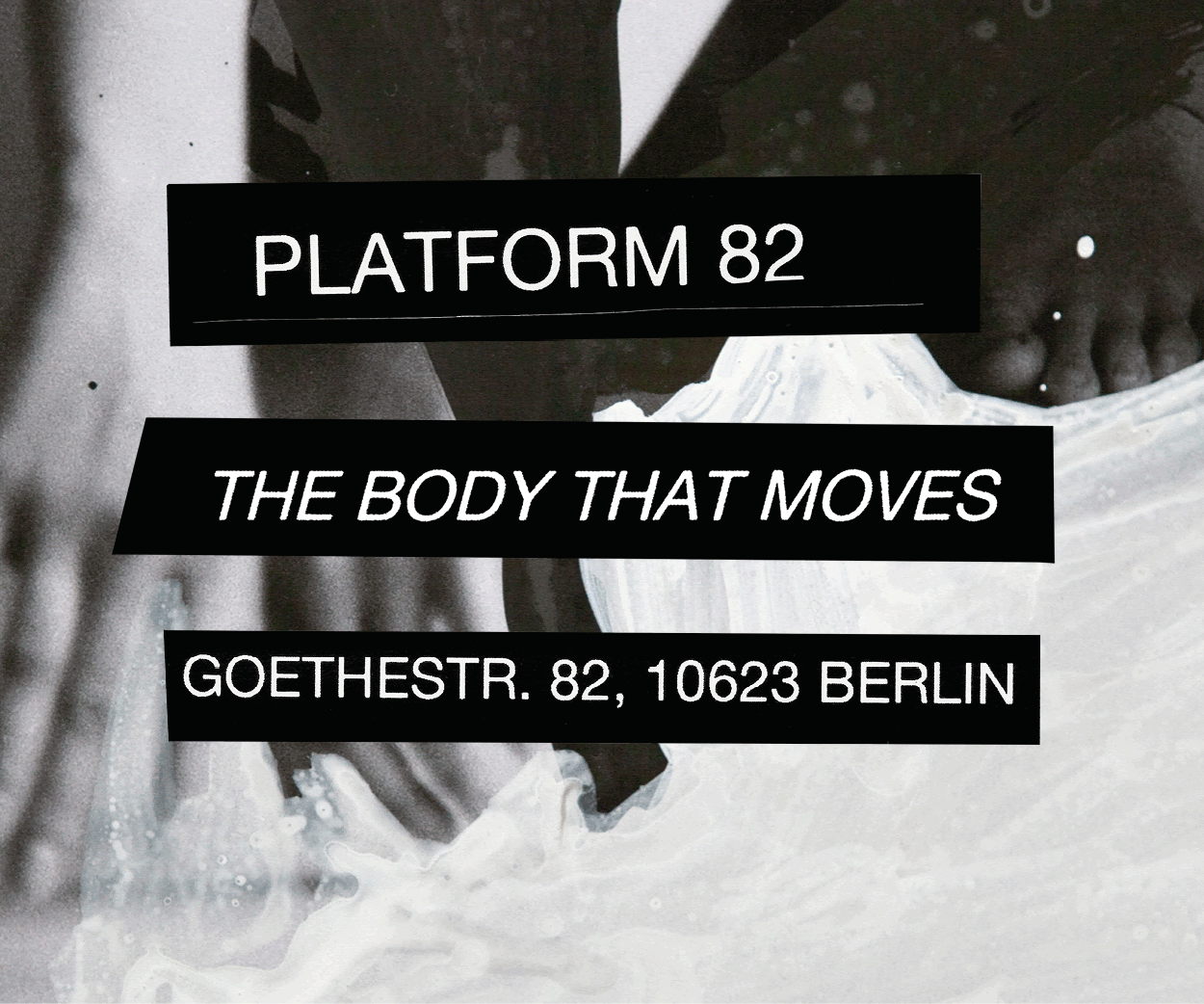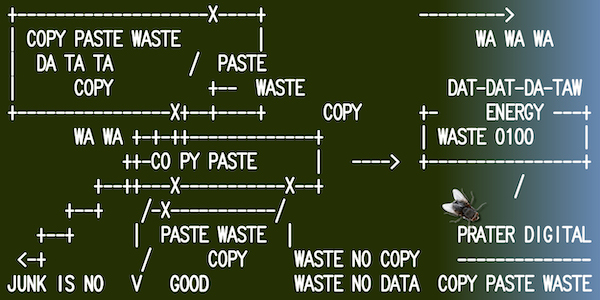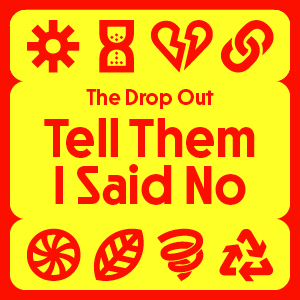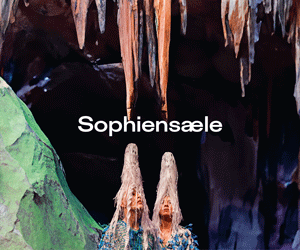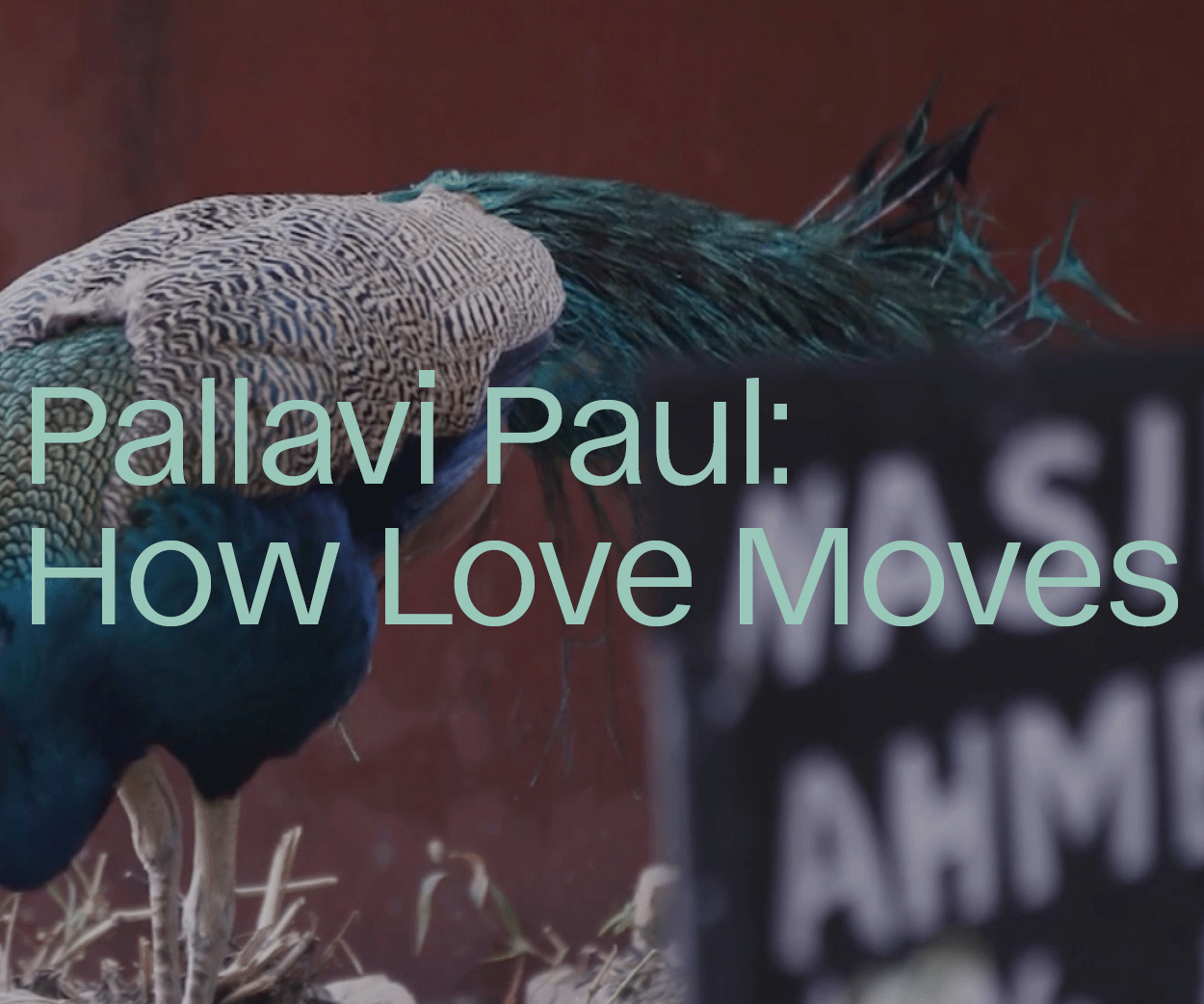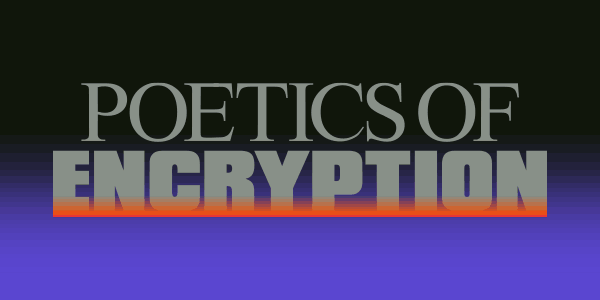by Reuben Holt // Nov. 7, 2023
Son of a German classical pianist, David August shot to prominence as a dance music producer and DJ, touring internationally while still at university. In the decade following this rapid rise, he underwent a shift in artistic outlook, culminating in a project with the Deutsches Symphonie-Orchester Berlin.
August is currently on a European tour in support of his October album, ‘VĪS’—the artist’s first full-length release in five years. An ambitious concept album, ‘VĪS’ claims inspiration from humanity’s origin story, drawing upon elements as varied as choirs, field recording, electronics and jazz. Over the next month, he will bring live performances of the work to Amsterdam’s Muziekgebouw and to London’s Barbican Centre, the continent’s largest recital hall.
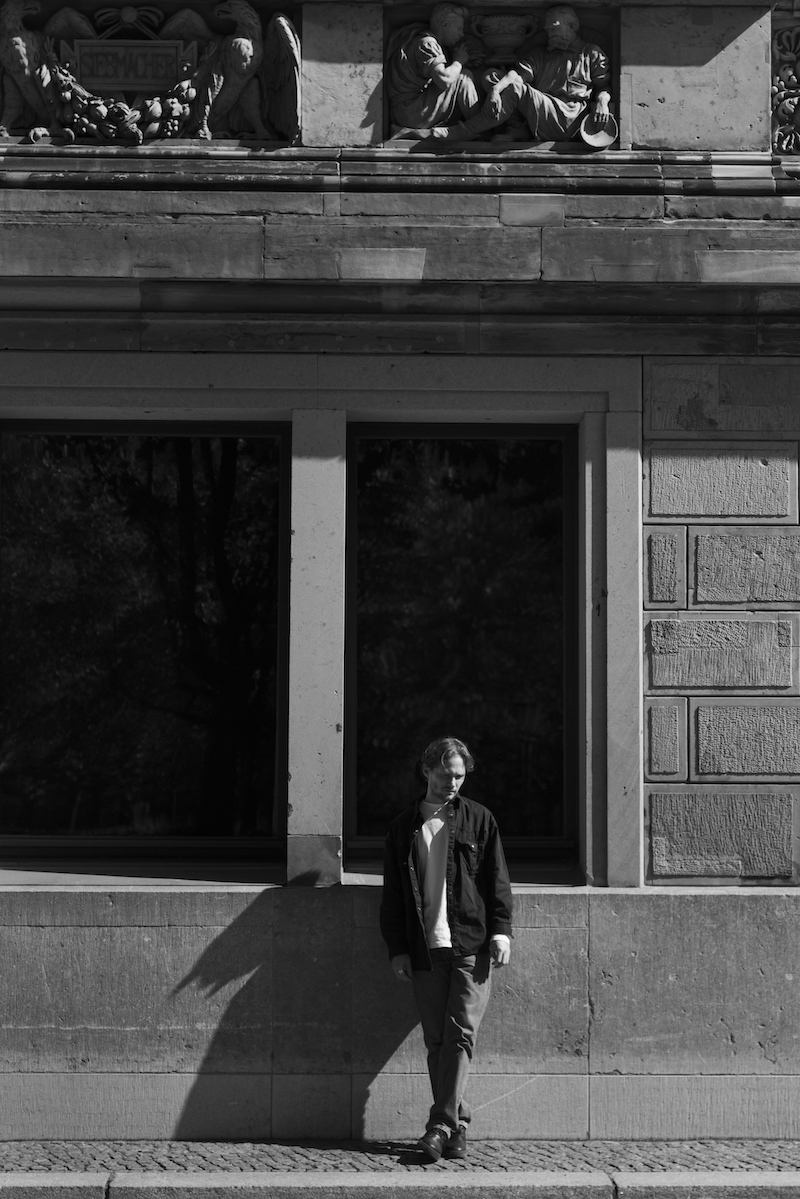
David August, portrait // Photo by Alejandro Sandoval Bertín
Reuben Holt: You have described the mountains surrounding the Italian town of Palestrina where you spent part of your time growing up as a major influence on your work. What is the relationship between this sense of place and your creative process?
David August: I also grew up in Germany, so between two cultures. But I would say that this specific place [in Italy] is a personal shelter for me.
It’s very close to Rome, and at the same time it is detached from the noisy environment of a big city. What I needed after 11 years of living in Berlin was to return to a place where I could experience tranquility, belonging—align more with the climate and with the cultural heritage.
RH: Since your early career as a dance music producer and DJ, your sound palette over successive releases appears to have shifted further away from club music. Was there a turning point for you?
DA: It’s not that I didn’t like club music anymore. The desire to express myself in the most natural way just didn’t align with its language. It aligned with a different musical aesthetic: more of a free approach, without preconceptions. I think the turning point came around 2015, maybe even earlier.
The two albums, ‘DCXXXIX A.C.’ and ‘D’ANGELO,’ which came out in 2018, were part of a dialogue with my Italian heritage. So I think that was probably the first time that I shared this transition with listeners. It was a transition that started years before I was able to shape it into music. And it has been a natural progression ever since.
What comes more effortlessly for me, I think, is music that is detached from concepts and genres. But just because the music I do now isn’t related to club music, doesn’t mean that I don’t still enjoy it. Contemporary club music at the moment is very expressive. I think it is an exciting period for it.
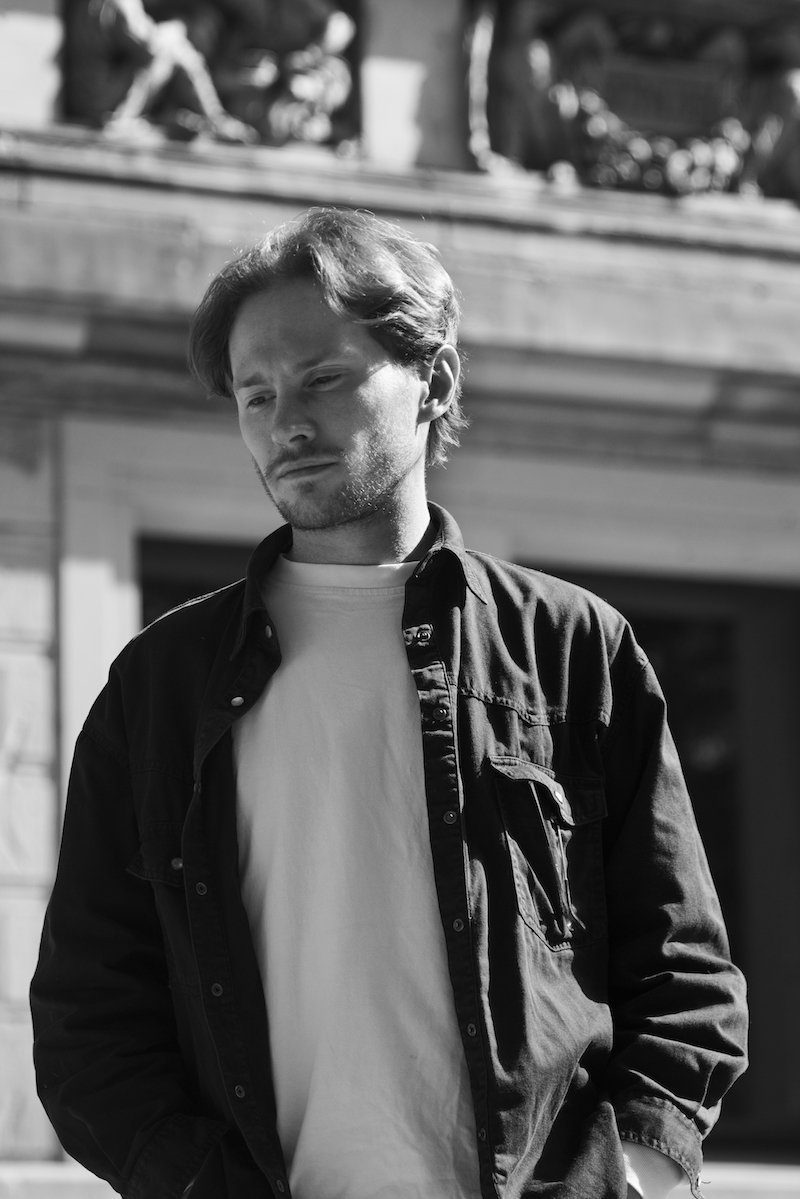
David August, portrait // Photo by Alejandro Sandoval Bertín
RH: I wonder if part of the appeal of moving in a different direction is the opportunity to work with different kinds of artists?
DA: Of course, I’m really grateful for the collaborations. But they have to make sense towards what the music is about, what the project is about. With ‘VĪS,’ they came about very naturally. There were no collaborations that have been, you know, hard to set up.
One of the very important collaborators has been Moroccan artist Hiba Baddou, who developed an imaginary alphabet based on 121 symbols mapped to the music. She reached out to me before this collaboration started. I then discovered her work on calligraphy and we began a long, inspiring process. She lives in Paris most of the time. Saeed Abu-Jaber is living in Amman, Jordan and, together with Mothanna Hussein, he designed the packaging of the vinyl and CD. The international collective Egozen, who built the upcoming VĪS website, has various origins, from Italy to Taiwan. Most of the collaborative work has been happening by digital communication, with a couple of exceptions.
RH: The vocal stylings on the album are particularly striking. What has guided your decisions about the use of vocals?
DA: The use of the voices was important to me in order to have a metaphysical connection to the human aspect of the record. In the end, within the abstract world of electronic music, it seemed important to me to reconcile with us as a species. So, even though there is no clear language, the use of vowels and timbres, which are not connected to known concepts, was a way to transmit a sensation that was important to incorporate.
On ‘VAHA,’ my dear friend Cansu Tanrikulu improvised on a sketch I did back in late 2019. Improvisation is her element and it worked very well with the concept of the album. Then there are more voices I recorded with my phone in Italy, visiting churches where I captured rehearsals of local choirs. All have gone through editing and heavy processing to remove any religious meaning. For me, it was just about the voice as an instrument.
‘NADIR’ has an important contribution by Ihor Tsymbrovsky, a Ukrainian artist I received the permission to sample. All of these people play an important role on the record.
RH: How challenging is it to recreate your studio albums, for example at Berlin’s Volksbühne or the Barbican in London?
DA: It’s not so easy sometimes. Most of the music goes through processing, lots of time researching how the sound could be shaped. So, in the end, you end up with something that is very difficult to recreate on the fly.
The only option to me is to make a reinterpretation of what you did in the studio using different methods, different aesthetics and new arrangements. But, in the end, trying to have the core of the music of the pieces reflected live on stage. So it’s a very interesting process because the album was actually finished in September last year and I’m preparing a year later for the live shows with a new distance from it, asking “what is the essence of all this?”
Artist Info
Event Info
Muziekgebouw
David August: ‘VĪS’
Concert: Nov. 19, 2023; 8:30pm
Admission: € 37 (reduced € 29,50)
muziekgebouw.nl
Piet Heinkade 1, 1019 BR Amsterdam, Netherlands, click here for map
Barbican Centre
David August: ‘VĪS’
Concert: Dec. 2, 2023; 8:30pm
Admission: € 27,50 (reduced € 10)
barbican.org.uk
Silk St, Barbican, London EC2Y 8DS, UK, click here for map


